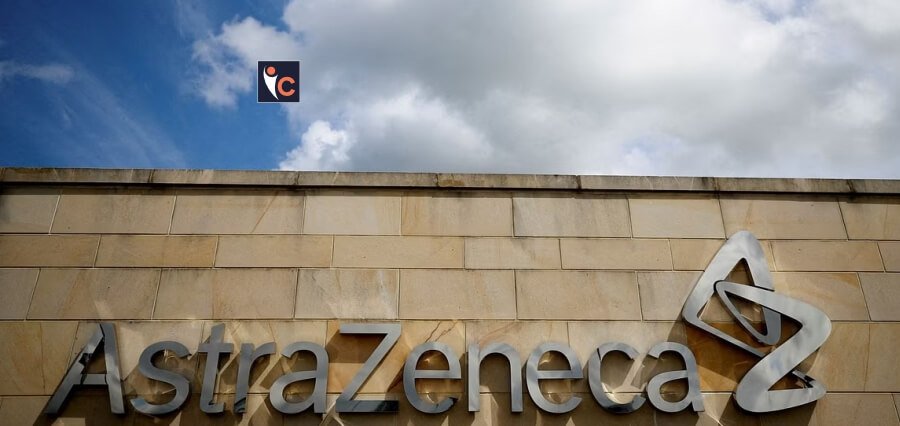AstraZeneca has reported positive results from a late-stage trial of its experimental precision drug, datopotamab deruxtecan (abbreviated as Dato-DXd), in the treatment of a common type of breast cancer. This announcement comes as a significant development for the company, especially after its shares faced a decline in July following results from a separate trial of the same drug for lung cancer.
Dato-DXd is being jointly developed by AstraZeneca and Japan’s Daiichi Sankyo. It falls under the category of antibody-drug conjugates (ADCs), which are composed of monoclonal antibodies that target tumors and deliver a cell-killing chemotherapy payload.
The trial results demonstrated that Dato-DXd significantly slowed the progression of breast cancer compared to other treatments like chemotherapy. This trial specifically focused on breast cancer cases driven by hormone responses, accounting for a significant portion of breast cancer instances. The participants in the study had cancer that had spread to other parts of the body.
While the primary endpoint of the trial was met with statistically significant improvements, AstraZeneca also noted a “trend in improvement” in overall patient survival, although the data for this endpoint was not mature at the time of the announcement. Therefore, the trial will continue as planned.
AstraZeneca’s shares saw a positive response, rising by 1.7 percent in early trading, reaching their highest level in over five weeks. The company is simultaneously developing Dato-DXd for lung cancer treatment, with July’s positive results. However, the market expressed concerns that the drug’s benefits for lung cancer might not be as pronounced as hoped, leading to a decline in shares. The company has not provided a specific timeline for releasing detailed data from the lung cancer trial.





